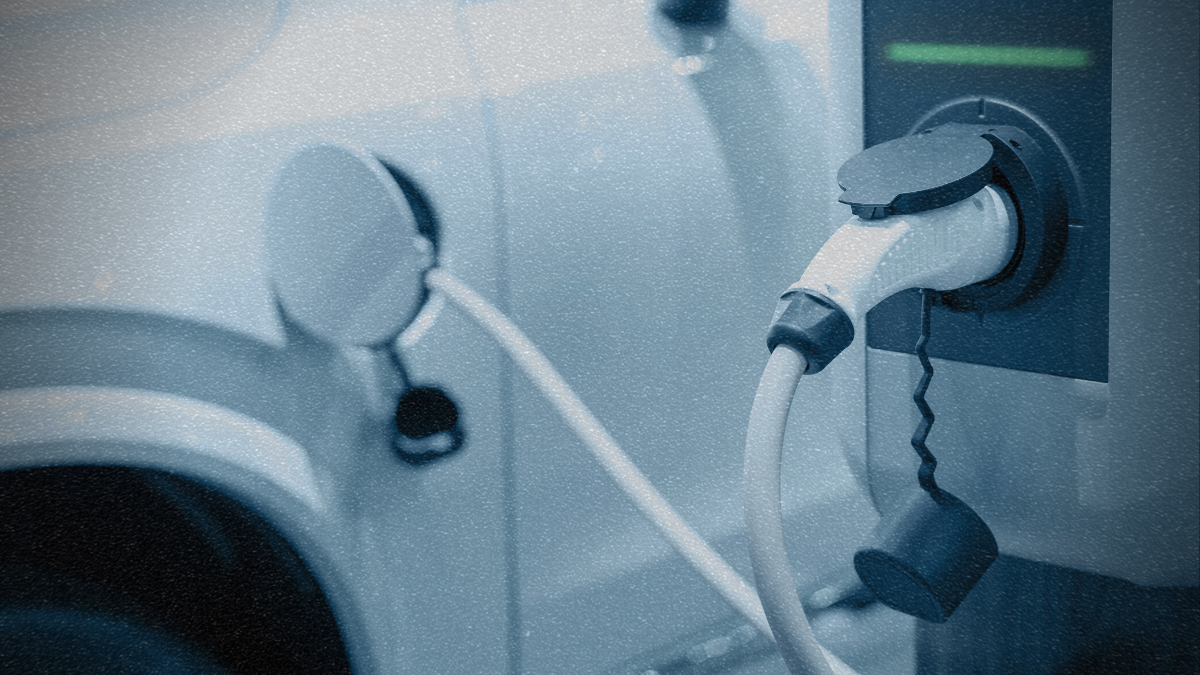Source: Press Release
North Carolina has achieved its electric vehicle (EV) registration goals two years ahead of schedule, according to a press release from Governor Roy Cooper’s office. The state surpassed its initial target of 80,000 zero-emission vehicles (ZEVs) by November 2023. This significant accomplishment highlights the growing popularity of EVs in North Carolina and the state’s commitment to clean transportation.
Governor Cooper played a key role in this success by signing Executive Order 80 in 2018. This order established the initial ZEV registration goal and set North Carolina on the path to a more sustainable transportation future. To further support EV adoption, the state has also invested in expanding charging station infrastructure.
Building on this momentum, Governor Cooper signed Executive Order 246 in 2022. This new directive outlines a more ambitious ZEV target of 1.25 million vehicles on the road by 2030. The state is confident that by continuing to invest in EVs and charging infrastructure, it can achieve this goal and solidify its position as a leader in clean transportation technology.
“We knew the private markets were shifting to electric vehicles so we set bold goals that would help North Carolina communities be ready. Now it’s happening even faster than we anticipated,” said Governor Cooper in a statement.
As more drivers switch to electric cars, hydrogen fuel cell vehicles, or other ZEV options, the overall emissions from the transportation sector will decline, helping to mitigate the effects of climate change and create a cleaner future for North Carolina and the world.





